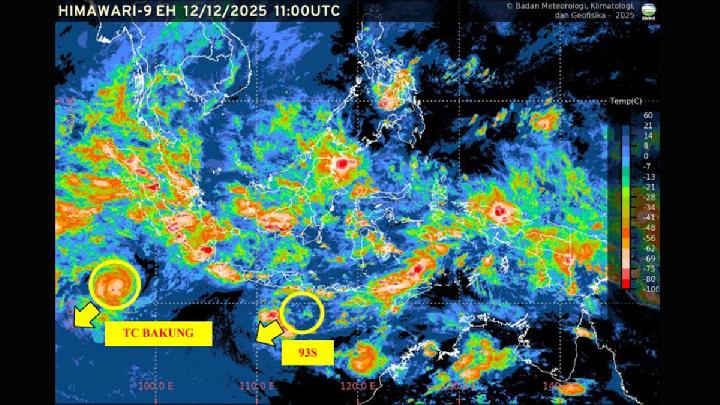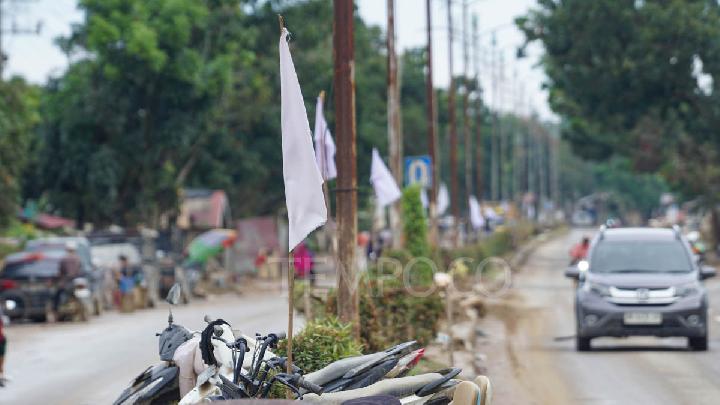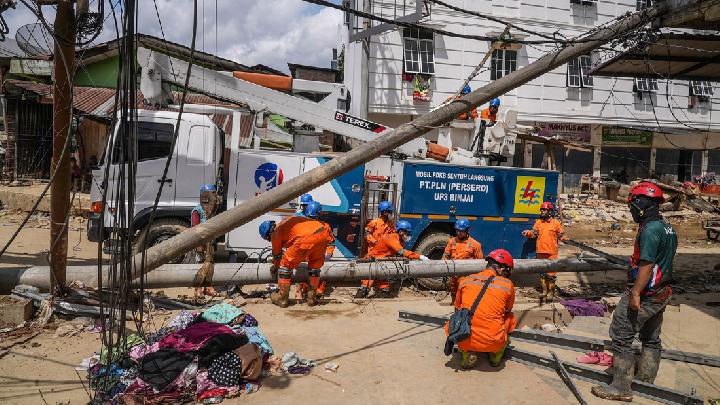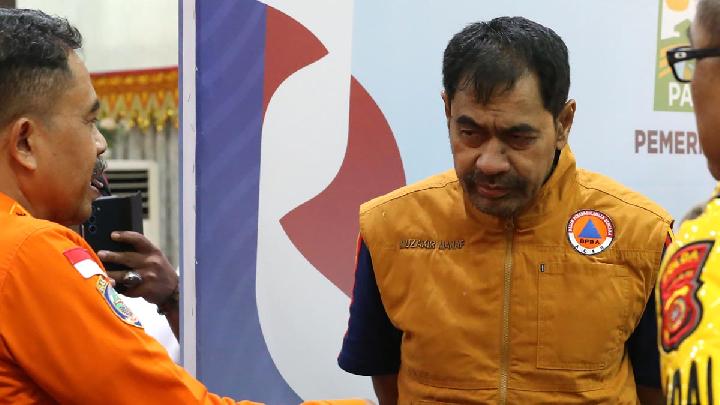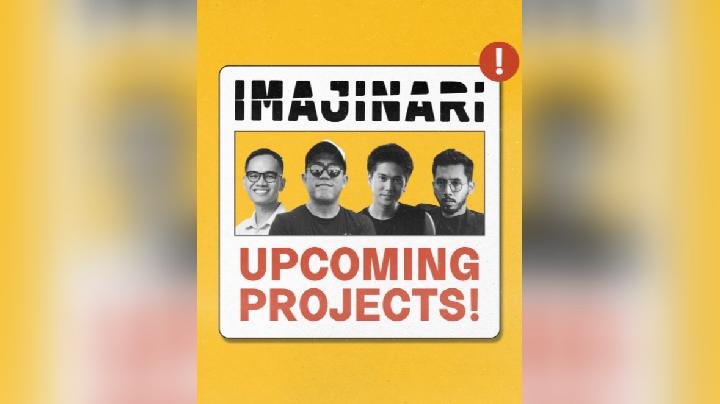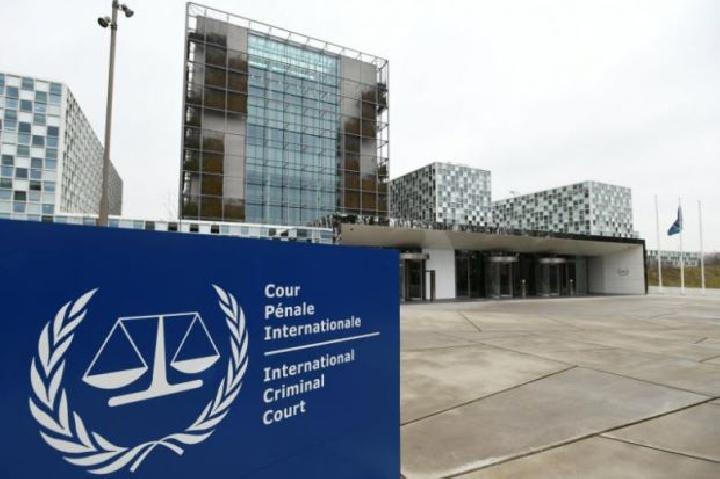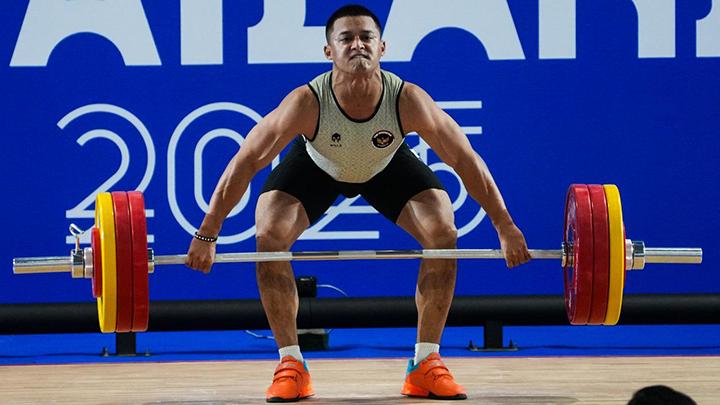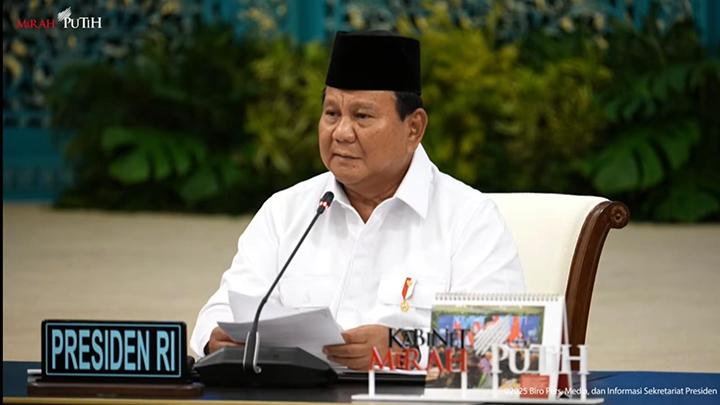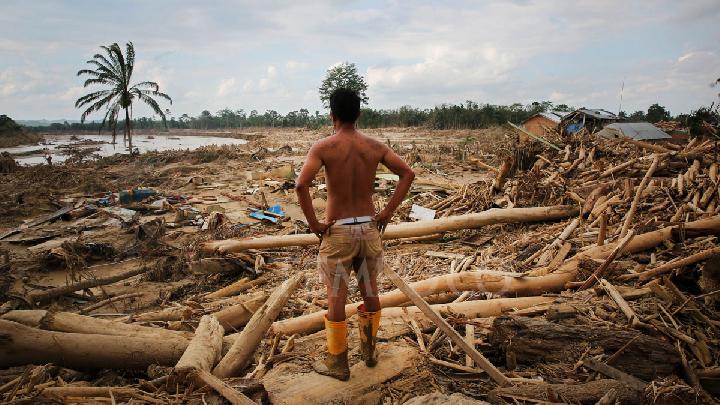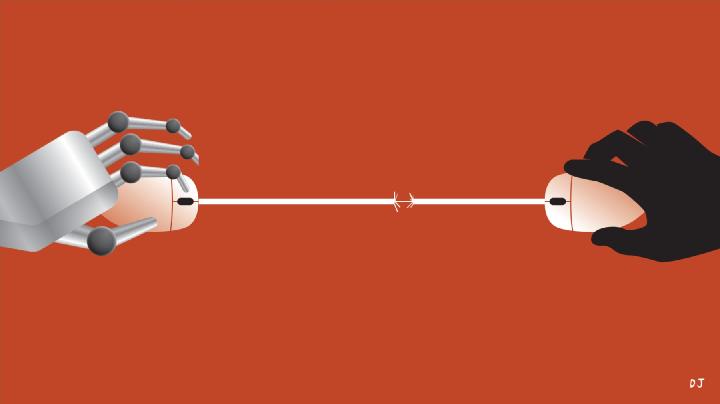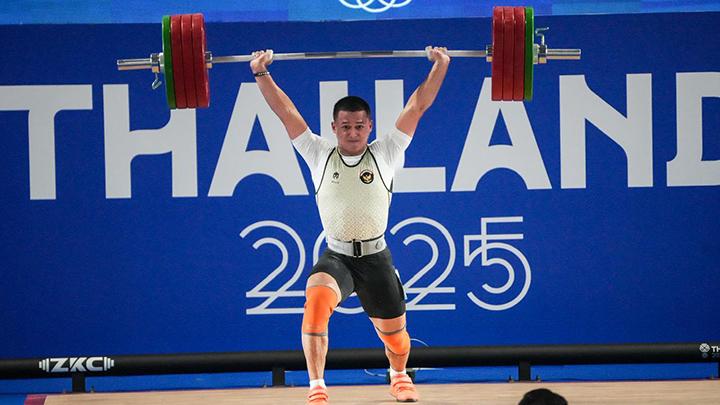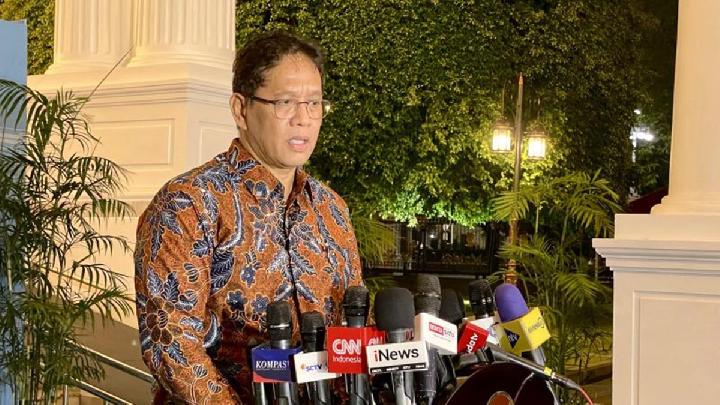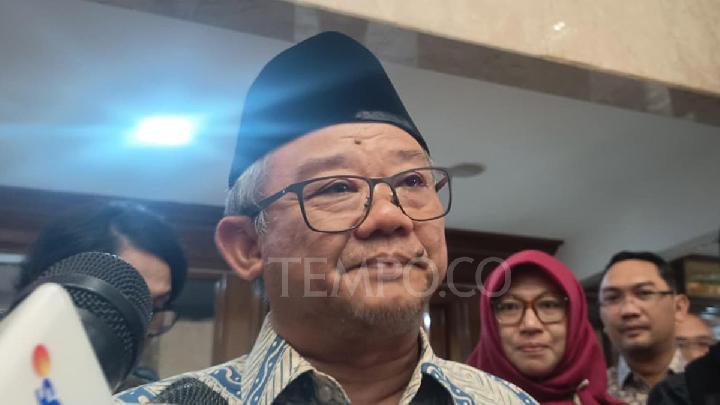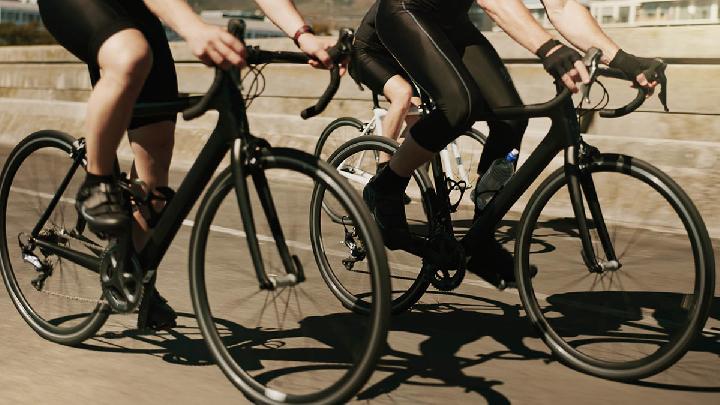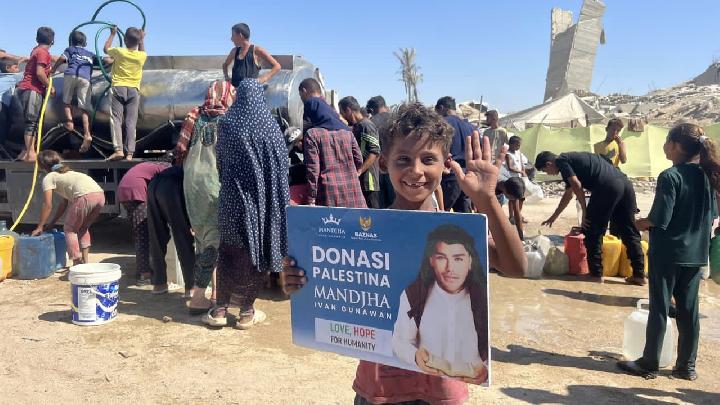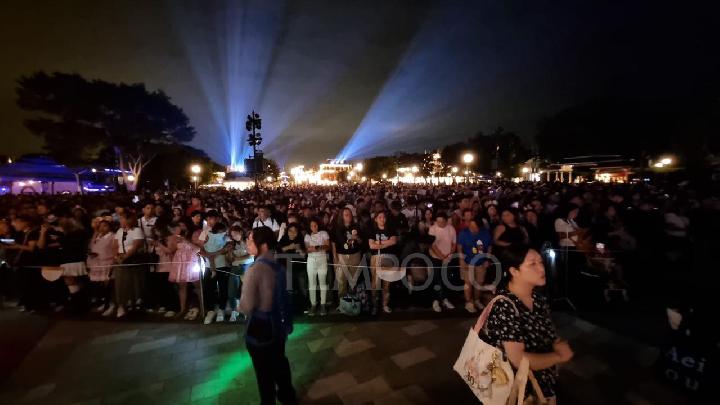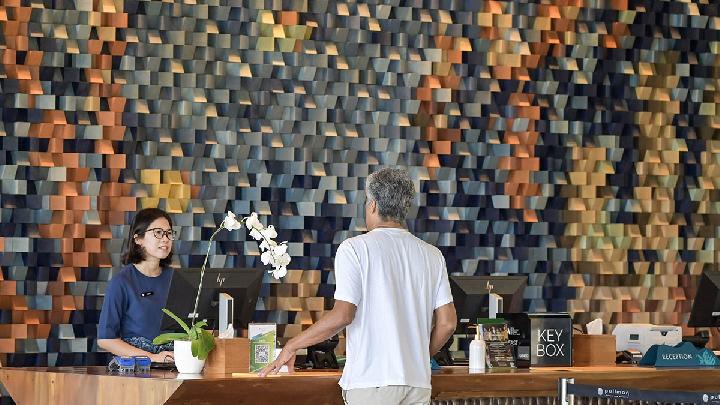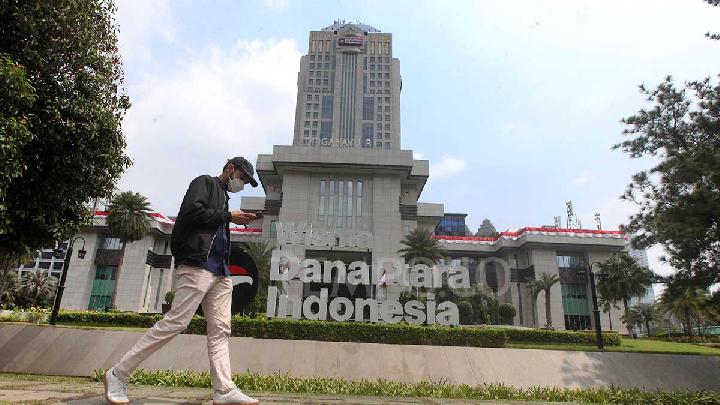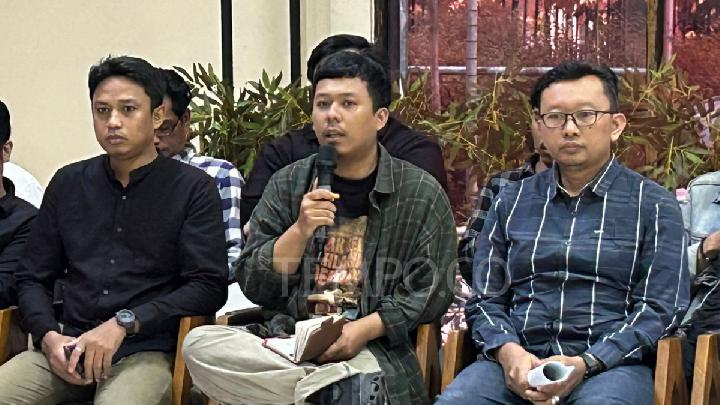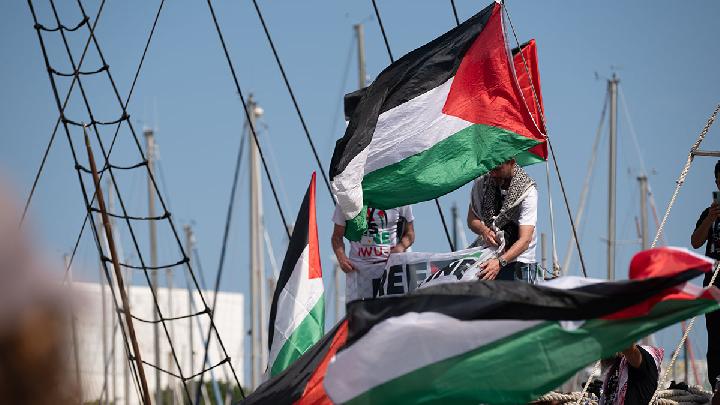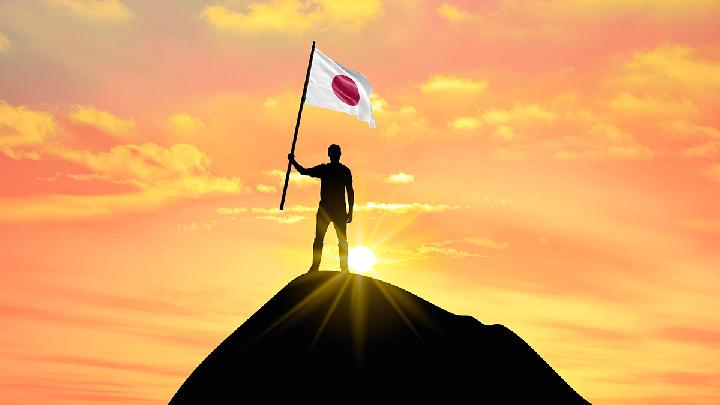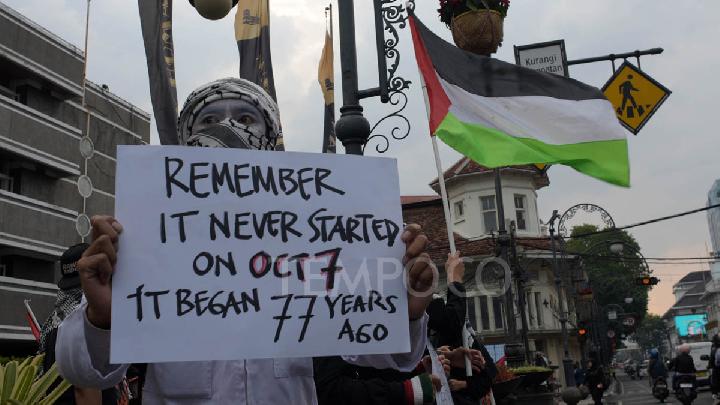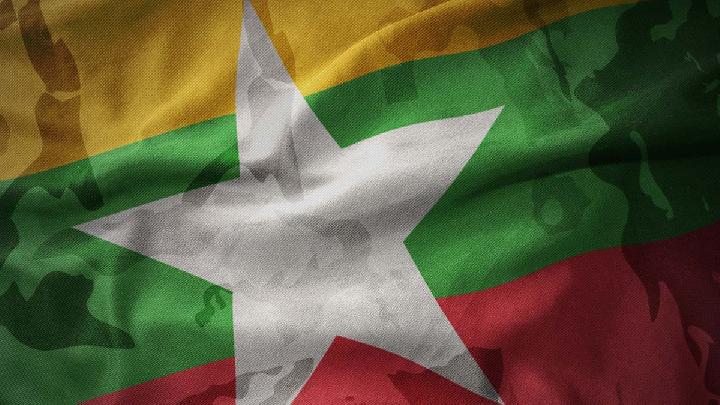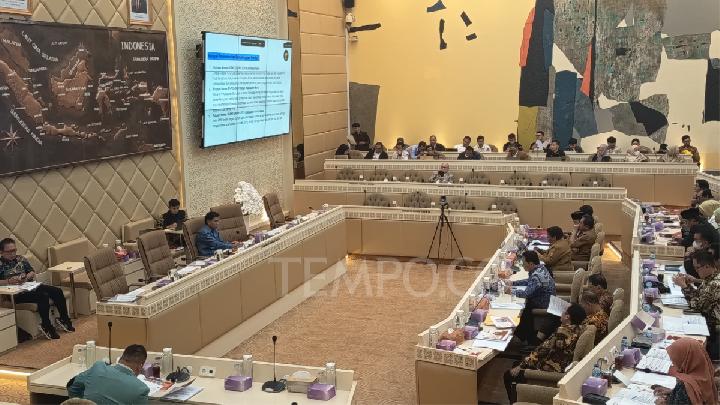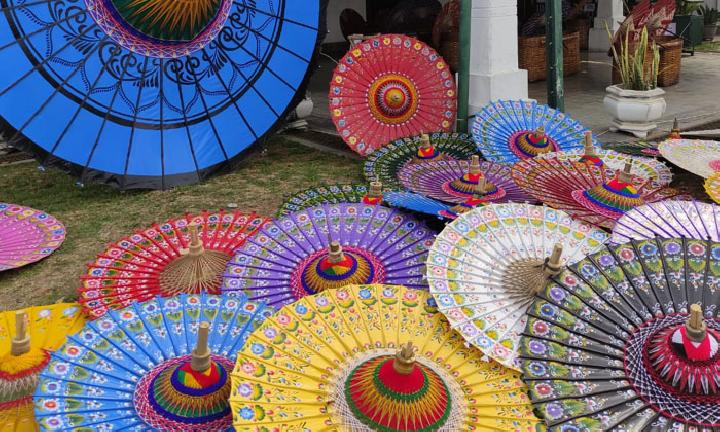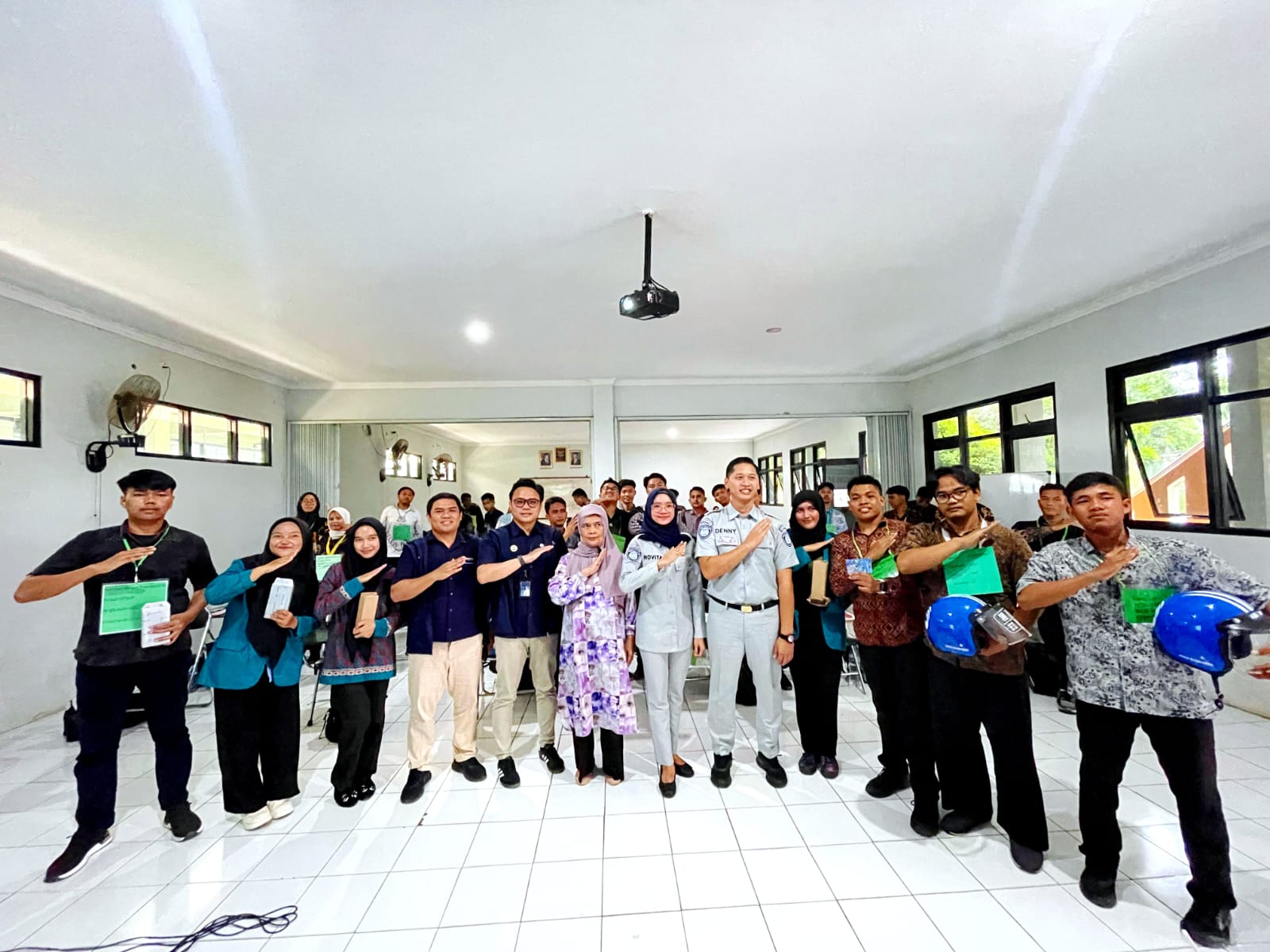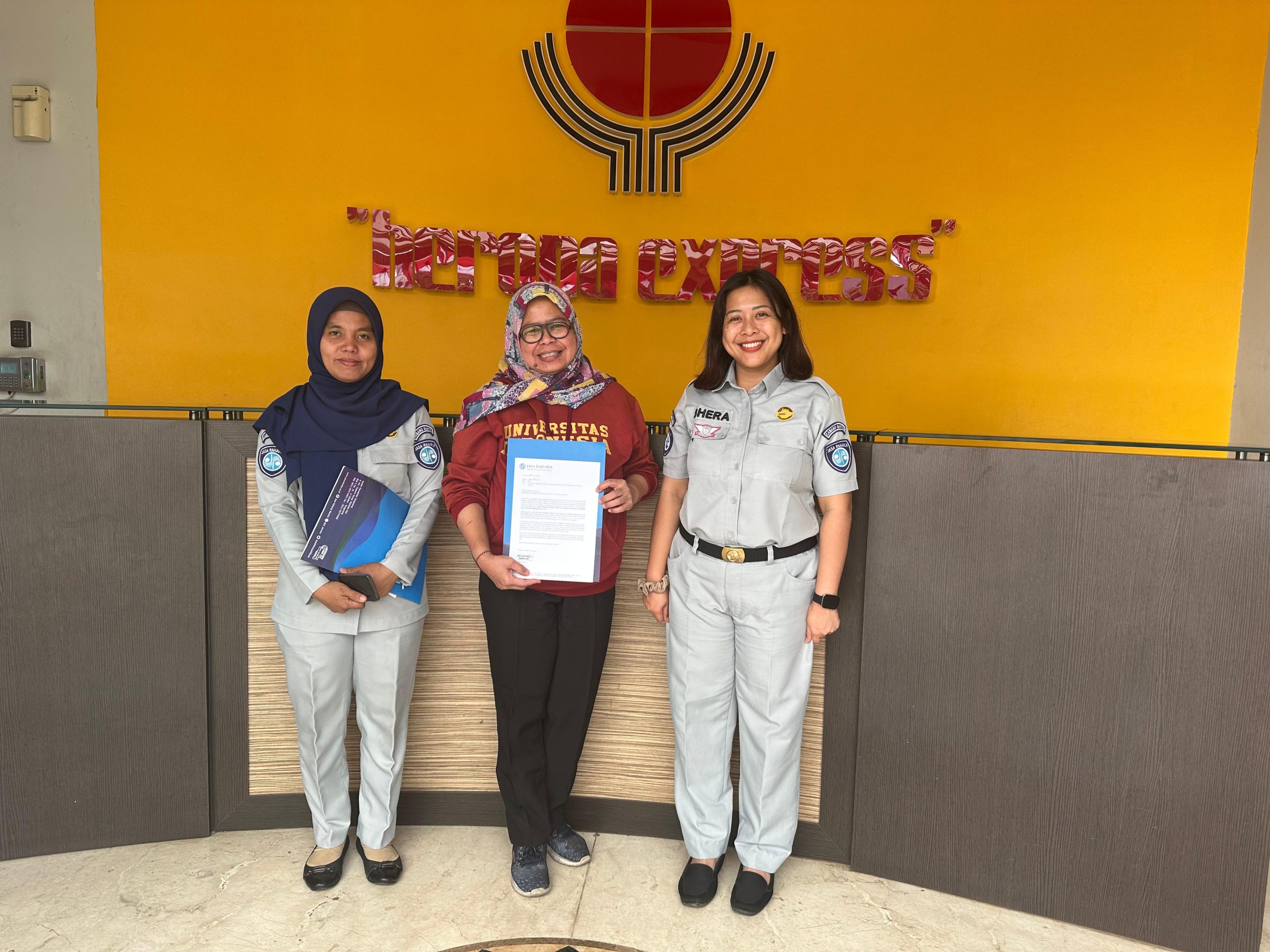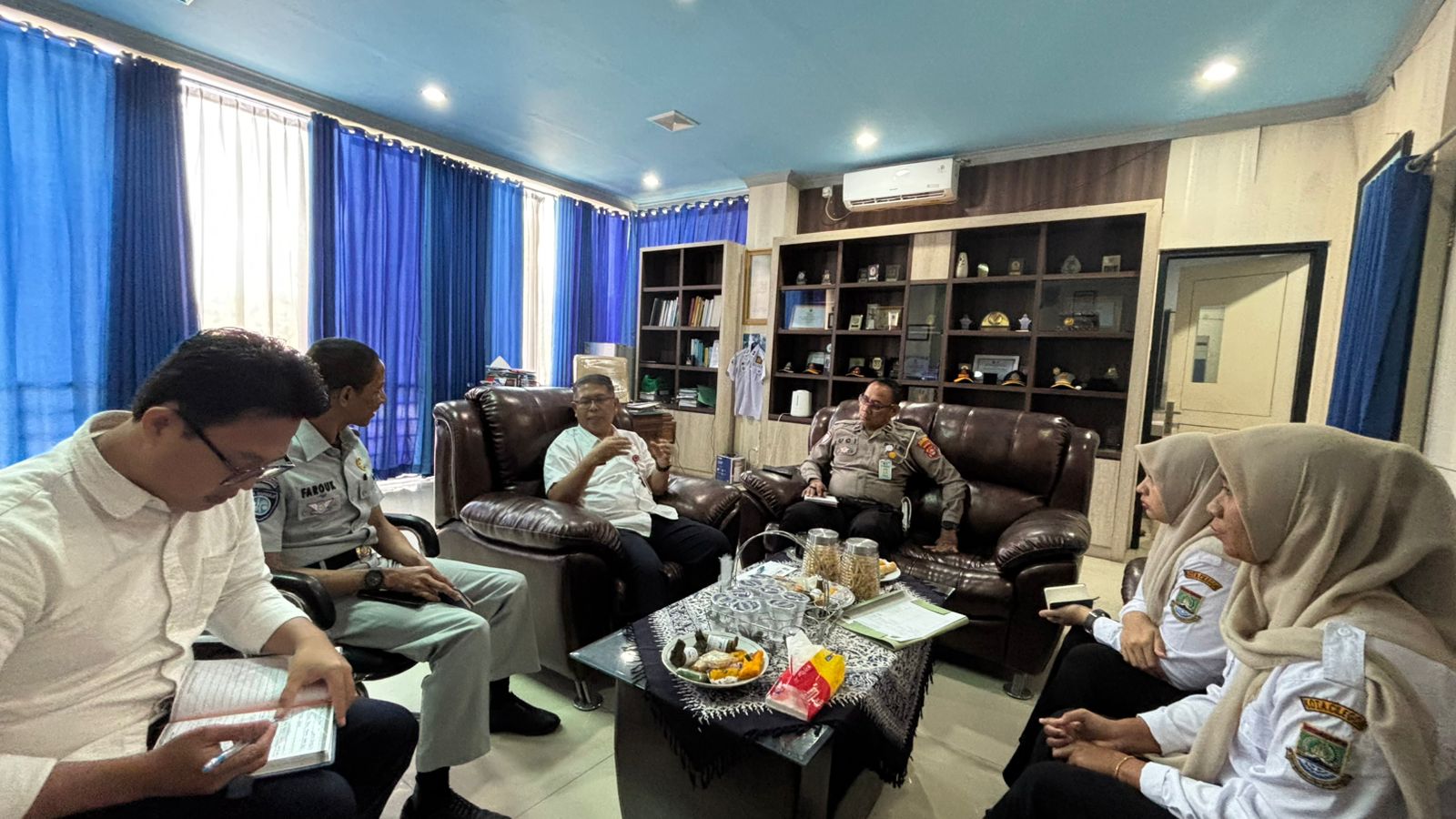TEMPO.CO, Jakarta - A mass protest carried out by a group of protesters around the House of Representatives (DPR) building in Jakarta on Monday night, August 25, 2025, ended in chaos. The protesters highlighted the excessive salaries and allowances of DPR members, which exceeded Rp100 million.
The protest intensified following the death of Affan Kurniawan, an online motorcycle taxi driver who was killed by a Police Mobile Brigade (Brimob) tactical vehicle during a demonstration on Thursday, August 28, 2025.
Several government officials, including President Prabowo Subianto, expressed their condolences and sympathies for the tragedy that befell the victim.
"On behalf of myself and the government of the Republic of Indonesia, I express my deepest condolences and sympathies. I am very concerned and deeply saddened by this incident," said Prabowo in a YouTube video from the Presidential Secretariat on Friday, August 29, 2025.
Since the reform era, protests have become an important part of Indonesia's political and economic life. The public often uses mass actions to voice their aspirations, which range from issues of democracy and corruption to rising prices of necessities.
5 Major Protests in Indonesia
Here are five major protests that have shaken Indonesia.
1. May 1998
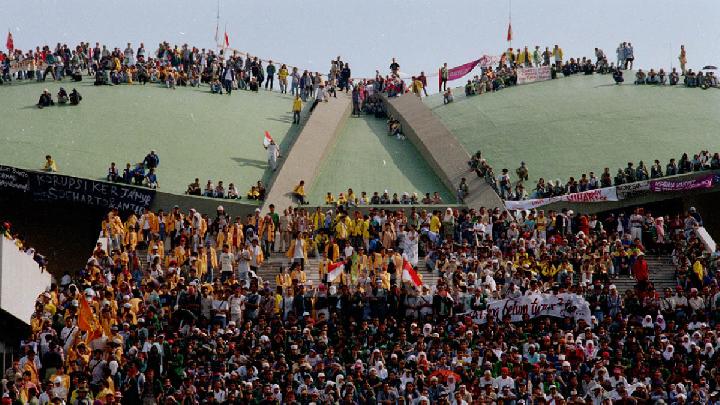 Students occupied the People's Consultative Assembly building during a demonstration in Jakarta, May 1998. The riots left a deep scar on the nation, leaving bitter memories of human rights violations, racism, and brutality. Tempo document/Rully Kesuma
Students occupied the People's Consultative Assembly building during a demonstration in Jakarta, May 1998. The riots left a deep scar on the nation, leaving bitter memories of human rights violations, racism, and brutality. Tempo document/Rully Kesuma
In 1998, the aftermath of the monetary crisis and the authoritarian New Order government sparked protests by students and activists in various cities. The peak was on May 18, 1998, when students successfully occupied the DPR/MPR RI building, marking the birth of the reform era.
Since early 1998, students from various campuses, including UI and Trisakti, staged protests demanding the resignation of Soeharto, the eradication of corruption, and total reform. Demonstrations escalated in May 1998, culminating in the deaths of four Trisakti students on May 12.
According to Hiro Tugiman's Javanese Culture and the Resignation of President Soeharto (1999), cited from a Tempo report, the deaths of the four Trisakti students triggered major riots in major cities as a form of solidarity from students throughout Indonesia for the fallen heroes of reform due to the brutality of the authorities. As a result, the riots spread, damaging and looting buildings, shops, and vehicles in Jakarta.
Furthermore, pressure from protesters, public support, and the rejection of Soeharto's ministers forced the second President of the Republic of Indonesia to finally sign a letter of resignation in accordance with the constitution on May 21, 1998, witnessed by BJ Habibie, who replaced him as president as mandated by the constitution.
2. 212 Action
The 212 Action or the Third Islamic Defender Action took place on December 2, 2016, at the National Monument, Jakarta, involving thousands of Muslims demanding the trial of Governor of DKI Jakarta, Basuki Tjahaja Purnama (Ahok), on charges of blasphemy. This action was the culmination of the First and Second Islamic Defender Actions on October 14 and November 4, 2016.
Ahok's speech in the Thousand Islands on September 27, 2016, touched on the use of Surah Al-Maidah verse 51, sparking a series of actions.
"In your heart, you could not vote for me because you have been lied to using Surah Al-Maidah 51, and so on. That is your right. If you feel unable to vote because of fear of going to hell, being deceived, well, that's okay, because this is your personal calling... This program will continue. So, you don't have to feel bad because your conscience couldn't vote for Ahok," quoted several sentences delivered by Ahok in that speech on Monday, December 2, 2024.
The case then became a political issue related to the Jakarta gubernatorial election, with masses from Jakarta and other regions, led by Rizieq Shihab and other Islamic figures. As a result, Ahok was named a suspect, and in May 2017, the North Jakarta District Court sentenced him to two years in prison under Article 156a of the Criminal Code.
3. Corruption Reform 2019
 Police barricade vehicles separating pro and contra demonstrators against the KPK Law at the Parliament Complex, Central Jakarta, on Monday, September 23, 2019. Tempo/Adam Prireza
Police barricade vehicles separating pro and contra demonstrators against the KPK Law at the Parliament Complex, Central Jakarta, on Monday, September 23, 2019. Tempo/Adam Prireza
Hundreds of students from various universities held a protest in front of the DPR building in Senayan, Jakarta, on September 20, 2019, rejecting the passage of the revised Corruption Eradication Commission (KPK) Law and the Criminal Code Bill. They expressed disappointment because the DPR ignored public criticism and expedited the deliberation of bills considered detrimental to the people. Meanwhile, other public-needs bills, such as the Job Creation Law, faced much opposition.
As reported by Tempo in 2019, during a meeting between students and the Secretary General of the DPR, Indra Iskandar admitted to recording all the aspirations and promised to convey students' demands to the leadership meeting. "I guarantee that I will convey them," he said during the meeting at the DPR-MPR building.
The meeting resulted in four points of agreement, including conveying the students' aspirations to the DPR leadership, involving students and academics in the drafting of other bills, scheduling a special meeting regarding the KPK Law and the Criminal Code Bill, and not passing the Land Bill, Labor Bill, Mining Bill, and Criminal Code Bill within the next four days.
4. Omnibus Law 2020
Thousands of workers and students held a major protest rejecting the Omnibus Law on Job Creation in front of the DPR building and in several cities in Indonesia on October 8, 2020. This action was triggered because the omnibus law was deemed to be detrimental to workers, including by abolishing the minimum wage, severance pay, and social security, freeing contract workers, easing the entry of foreign workers, and removing criminal sanctions for employers.
The protest turned chaotic in several cities, including Jakarta, Bandung, Surabaya, and Medan. Despite the massive demonstrations, the Job Creation Law was still enacted, but it was later materially tested in the Constitutional Court and declared conditionally unconstitutional.
5. DPR Allowance Demonstration 2025
A wave of large protests took place in front of the DPR/MPR/DPD building on August 25, 2025. Consisting of students, workers, farmers, and civil society members, the protesters highlighted the DPR allowances that could exceed Rp100 million per month.
In addition to the allowance issue, the protesters also demanded an investigation into the alleged corruption by the family of former President Joko Widodo and the impeachment of Vice President Gibran Rakabuming Raka. This action caused panic among the authorities and turned chaotic when the demonstrators stormed the parliament building.
This large-scale protest, which demanded the abolition of outsourcing, an increase in the minimum wage, and the acceleration of deliberation on the Labor Law and the Asset Seizure Law, continued from August 28 to 30. The demonstration further intensified after an online motorcycle taxi driver, Affan Kurniawan, was killed by a Brimob vehicle.
As a result, the protest turned chaotic, with the burning of public facilities and the firing of tear gas to disperse the protesters at several points. Furthermore, during the demonstration, some officials' homes were reportedly targeted for looting.
The protests continued for days in front of the Mako Brimob Kwitang, Mako Brimob Kelapa Dua, Jakarta Regional Police, DPR/MPR building, and in various regions, including Yogyakarta, Bandung, Semarang, Surabaya, Medan, Padang, Makassar, and Ternate. Hundreds of demonstrators were arrested.
Hendrik Khoirul Muhid, Adam Prireza/Andita Rahma, M Rosseno Aji, Eko Wahyudi, Dian Rahma Fika, and Sultan Abdurrahman contributed to the writing of this article
Editor's Choice: How an Animal Shelter Rescues Stray Cats Injured in the Jakarta Riots
Click here to get the latest news updates from Tempo on Google News

